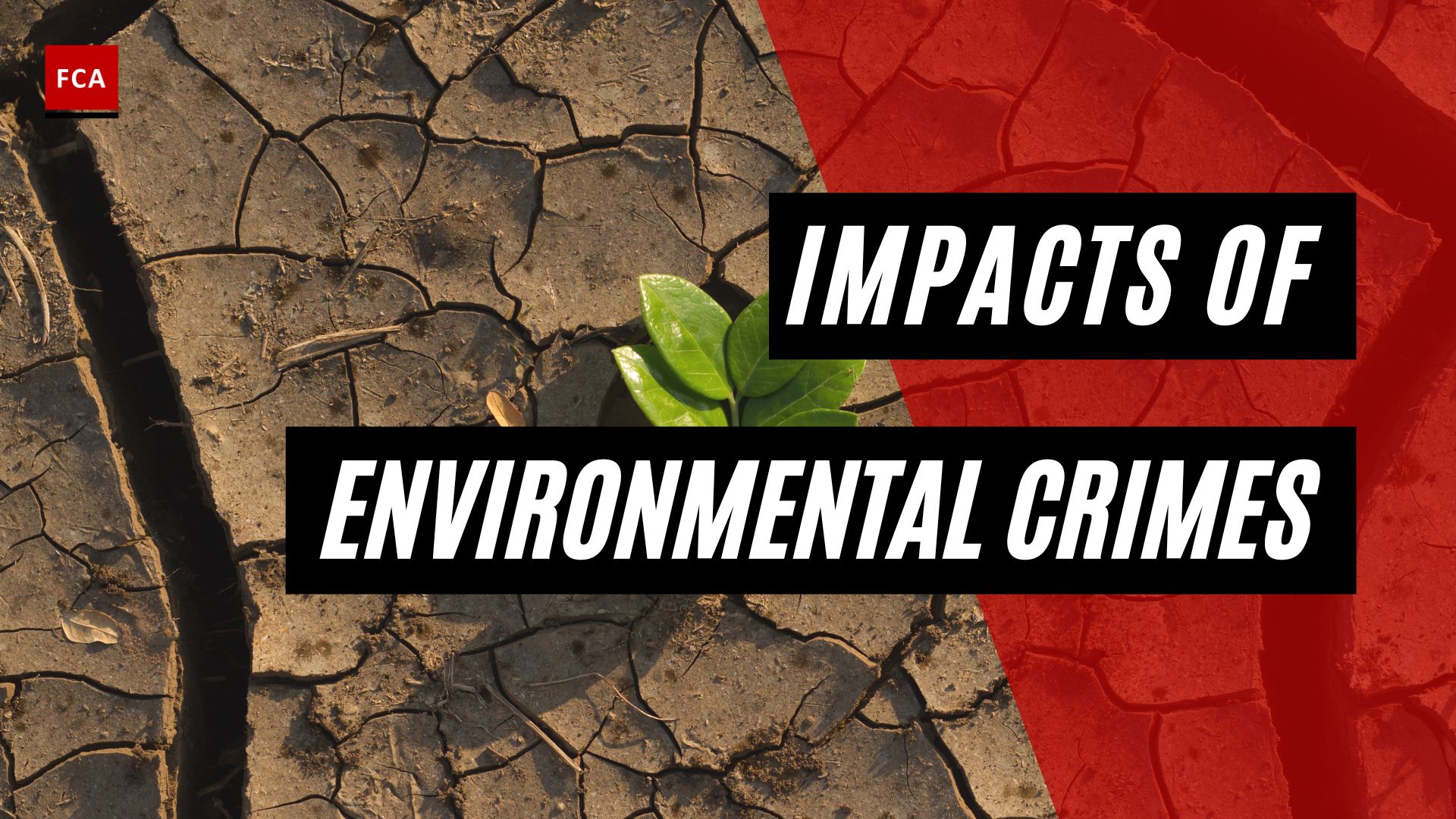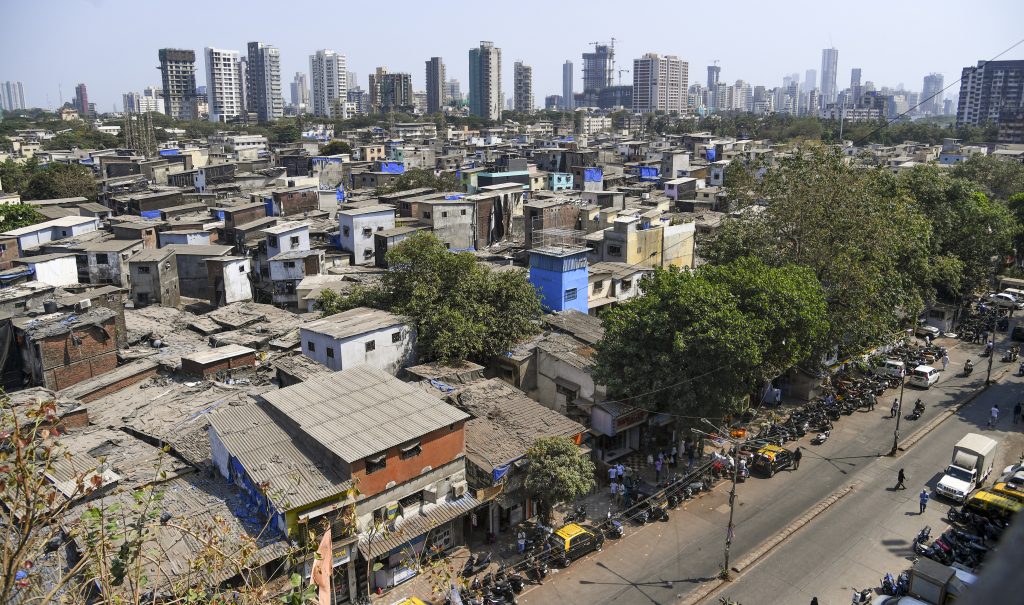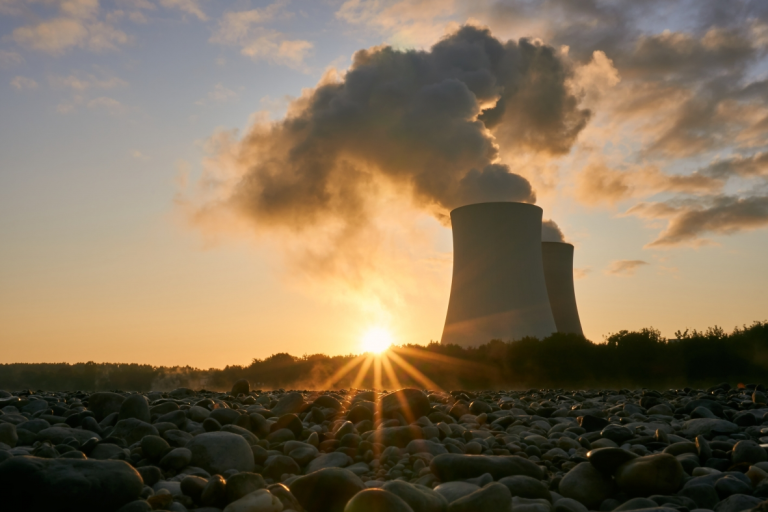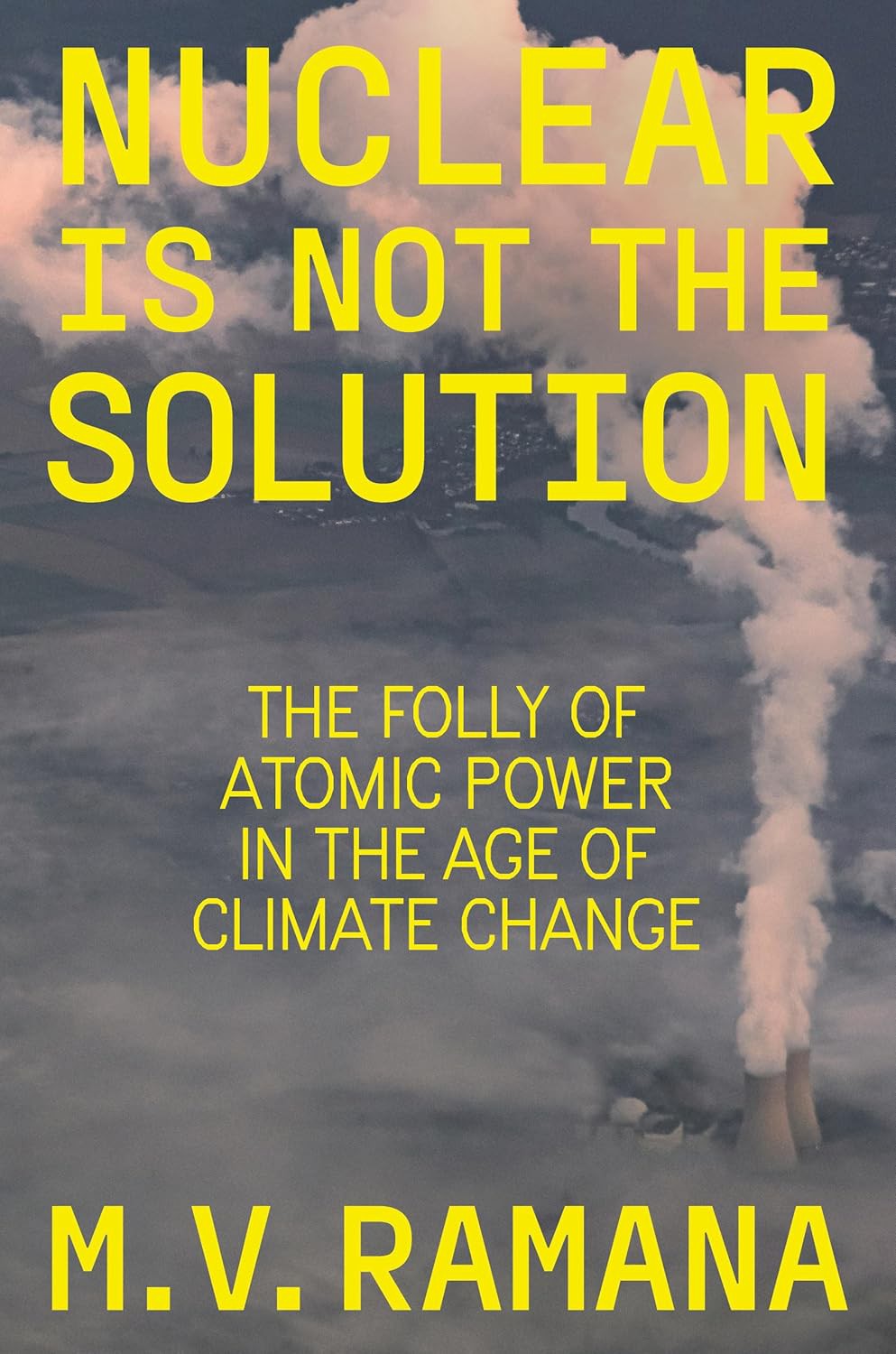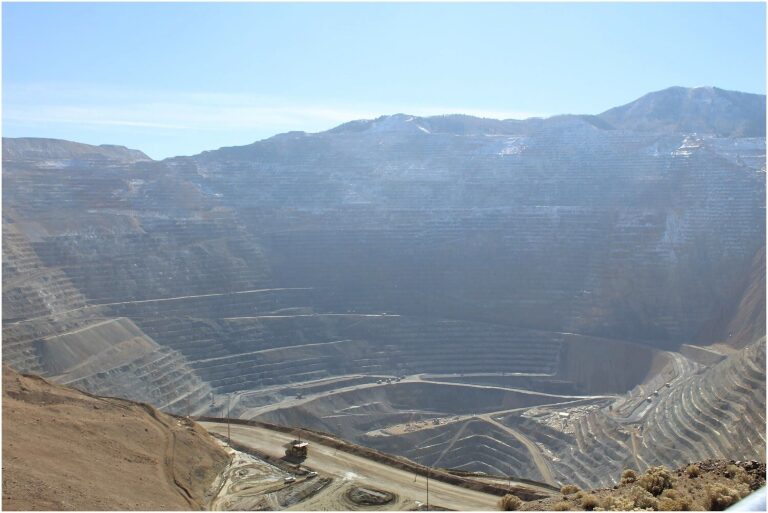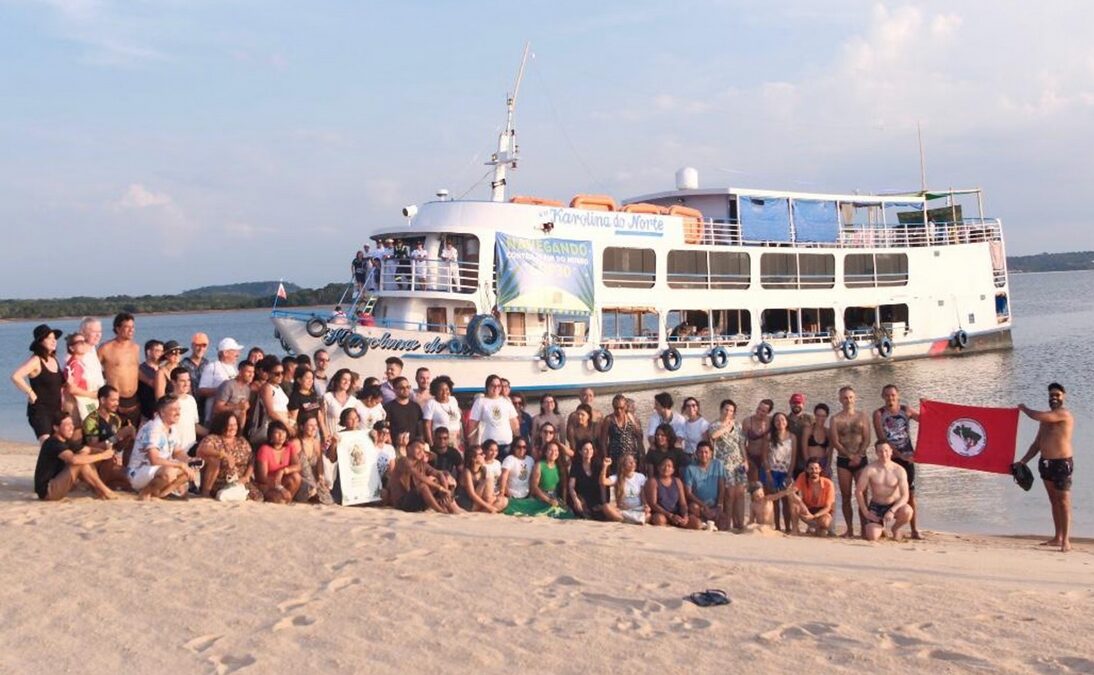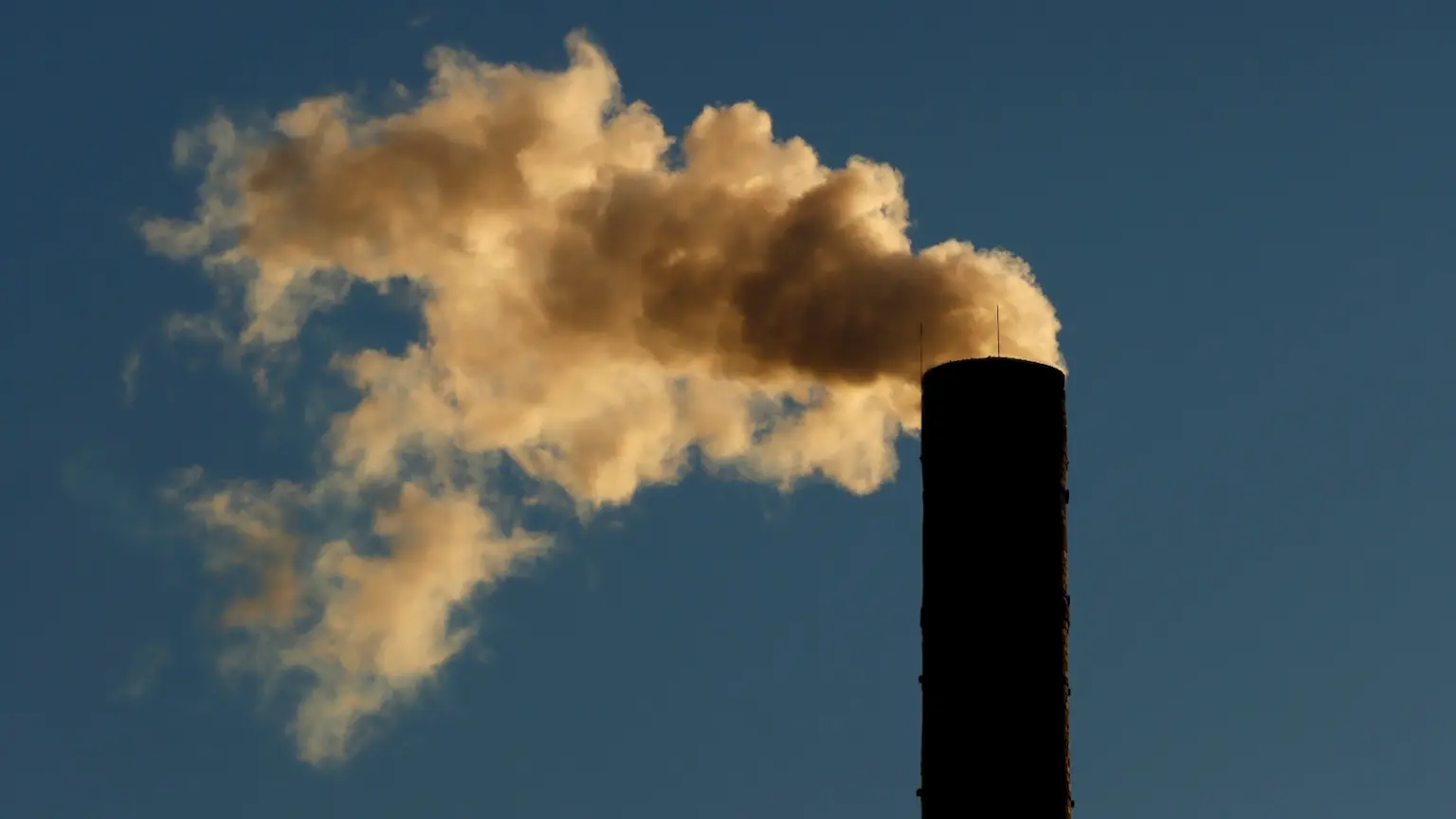Category: Less of What We Don’t Need
-

Big Tech’s Big New York Gas Pipeline
Gov. Kathy Hochul justified a $1 billion natural gas project by appealing to affordability. But the main reason the state needs the energy is because data centers are hogging it. The true beneficiary of the natural gas pipeline Gov. Kathy Hochul (D-NY) approved earlier this month won’t be ratepayers, as she claims, but tech companies…
-

Green Crime Goes Global
In late 2024, Brazilian federal police dismantled a sprawling illegal gold mining network in Pará, exposing a criminal enterprise that stretched far beyond the rainforest. The operation, part of a broader crackdown on illicit mining in Indigenous territories, uncovered links to money laundering via shell companies and fraudulent permits, with funds traced to accounts in…
-

The Redevelopment of Dharavi Will Destroy the Livelihoods of Those Who Work in Small Businesses
Dharavi, known as Asia’s largest slum, is very unique. It has migrants from states like Bihar Uttar Pradesh, Bengal, Tamil Nadu, Andhra Pradesh and Gujarat making it multi-ethnic. There is a diversity of occupations carried out in Dharavi, from garments and apparel, leather goods manufacturing, and waste recycling to pottery and snack making. In addition…
-

Ecuador. Nuclear energy? No, thank you!
Hiroshima, Nagasaki, Chernobyl, Fukushima: these are names that send shivers down our spines. The first two remind us of the atrocities that can result from a war involving nuclear weapons; the latter two highlight the danger posed by one of the most dangerous technologies in existence: nuclear power.
-

Phthalates in everyday products may fuel breast cancer, new study warns
Common chemicals in plastics, personal care products, and food packaging may drive the onset, growth, and spread of breast cancer—the second-leading cause of cancer deaths in women, new research suggests. Breast cancer is one of the most common and deadly cancers worldwide, causing more than 42,000 deaths in the U.S, with particularly high rates among…
-

Big Food ‘transparency’ campaign seeks to block tough new food safety laws
Americans are once again demanding higher standards for the food they eat, insisting that companies stop using chemicals known to harm health. But instead of listening to their customers, the world’s largest food and beverage companies have launched a “transparency” campaign – fronted by a longtime tobacco industry ally – and they are betting their…
-

The false promise of nuclear power: a review of M.V. Ramana’s Nuclear is Not the Solution
pro-nuclear leftists argue that the centralized nature of nuclear is necessary for taking action on climate change and working toward a decarbonized environment; that the workforce for nuclear power in North America is heavily unionized; that nuclear power is more reliable than renewables; that new nuclear technology is safer and cleaner
-

There is nothing new about renewable energy: Tracing the life of solar panels
The solar panel supply chain follows the same mining sites, rail roads, factory facilities, and prison institutions that otherwise were core sites of liberation struggles in the 20th century. Low carbon infrastructures exist within the exact same system as high emission energy sources.
-

‘A meeting of voices’: flotillas head into Belém ahead of Cop30 climate summit
The Voyage to Resist the End of the World is one of several fluvial civil society activities that aim to make the colour, flavour and sound of Cop30 unlike anything seen in the history of climate summits. Recent conferences have been dominated by corporate lobbyists and billionaires who fly in on private jets. In the…
-

How much carbon can we safely store underground? Much less than previously thought.
After screening out “risky” areas, like those that are vulnerable to earthquakes, a team of researchers from Europe and the U.S. found that the Earth can only safely store about 1,460 gigatons of injected carbon in its sedimentary basins. This is an order of magnitude less than previous estimates…


